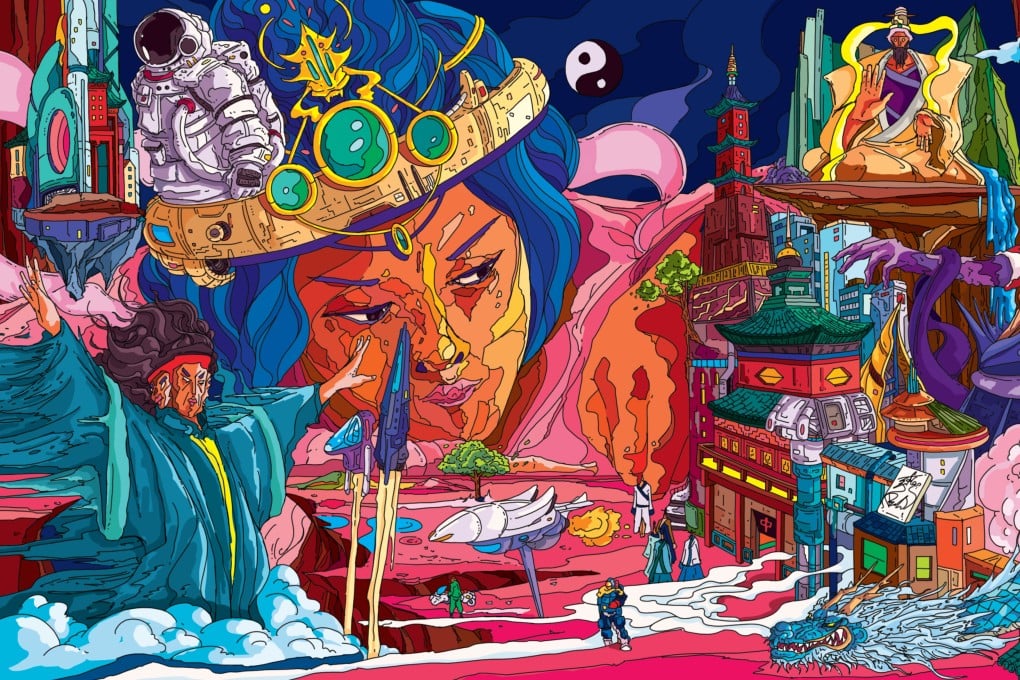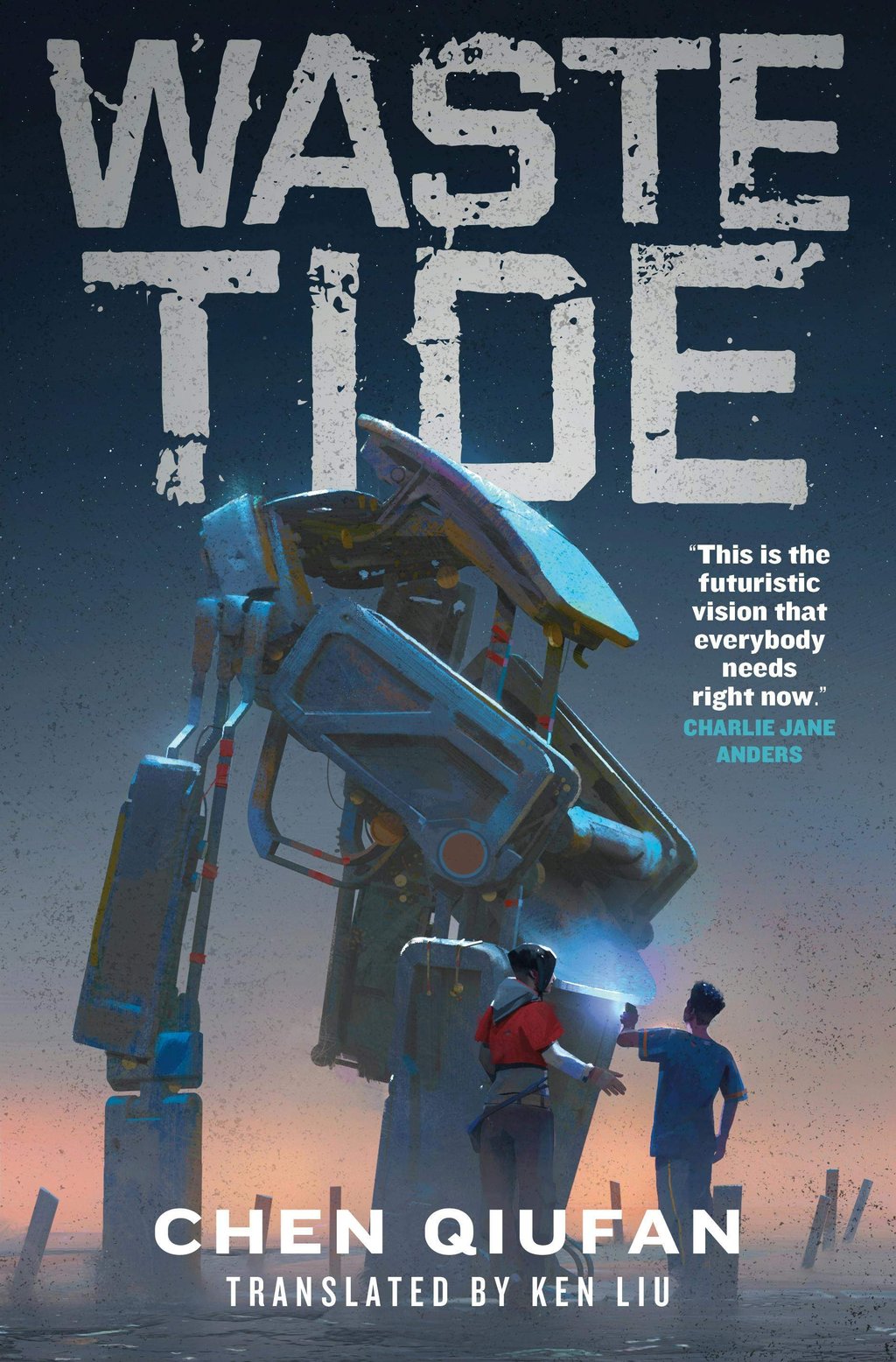Why Chinese science fiction is having more than a moment – beyond Netflix’s 3 Body Problem
Hao Jingfang beat Stephen King to the 2016 Hugo Award for Best Novelette, while Chen Qiufan’s Waste Tide has drawn comparisons to J.G. Ballard, William Gibson and Ursula Le Guin

Waste Tide author Chen Qiufan is, he says, a “science-fiction realist”. He has borrowed the term from Zheng Wenguang, eulogised as the father of Chinese science fiction, but his writing approach has as much in common with the stylish British writer J.G. Ballard, who believed that science fiction should be set not two millennia into the future, but two days.
“What interests me most about science fiction,” says Chen, “is how reality can be transformed into a near-futuristic narrative.”
The Guangdong province-born Beijing resident likens science fiction’s view of the world to looking into an amusement park’s hall of mirrors, “It’s like you’re looking back at yourself, but in a twisted, distorted way.
“And this kind of transformation helps you to see more clearly what our position is right now: our climate change, our political systems’ failures, AI, all this I call science-fiction realism.

“Science fiction can be a narrative device to explore the possibility of reality. I think this is very important for people like me to navigate, to explore societal issues. Ecological issues, serious issues around the world, not only China. Science fiction is not only reflecting the reality, but also reshaping and intervening in that reality in a way that’s changing people’s mindset.”
While at kindergarten in the 1980s, Chen would hang out in the library at the Shantou Institute of Ultrasonic Instruments in Guangdong, where his father worked. There he’d read the latest issues of Popular Science magazine and anything else he could get his hands on, often Western science-fiction classics: Jules Verne’s 20,000 Leagues under the Sea, H.G. Wells, Isaac Asimov, Arthur C. Clarke, Robert Heinlein.
